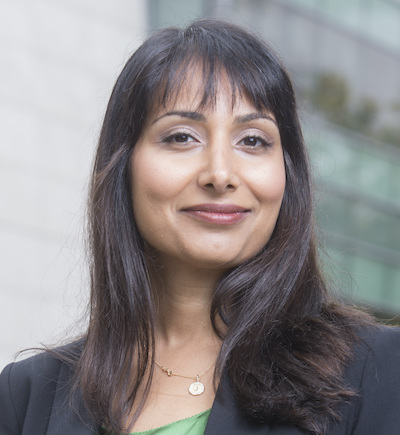This law prof has been fighting off Twitter trolls during the coronavirus crisis

Image from Shutterstock.com.
While Veena Dubal was adapting to working at home with three young children during the COVID-19 pandemic, the “reply guys” came after the California law professor on Twitter for her support of a 2020 state law that extends employee classification status to gig workers.
The behavior included tweeting her home address, according to Dubal, whose academic work centers on how digital technologies impact the lives of workers.
As part of a special Asked and Answered podcast series, which looks at the way that lawyers’ lives have changed during the pandemic, Dubal tells ABA Journal Senior Writer Stephanie Francis Ward that she thinks that people’s anxieties are running high amid the pandemic, and some public relations groups harness that energy to support client platforms, particularly on social media.
Dubal is a labor law professor at the University of California’s Hastings College of the Law in San Francisco. Her research focuses on the intersection of law, technology and precarious work.

Apple | Spotify | Google Play
.png)
In This Podcast:

Veena Dubal
Veena Dubal is a labor law professor at University of California’s Hastings College of the Law in San Francisco. Her research focuses on the intersection of law, technology and precarious work.



